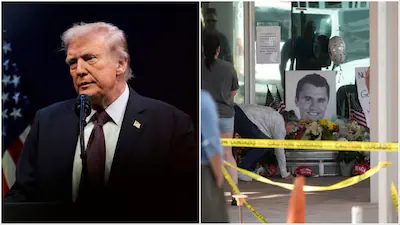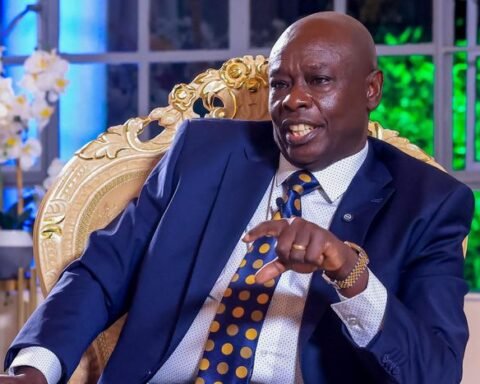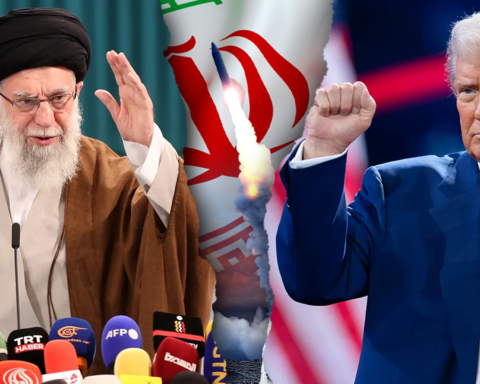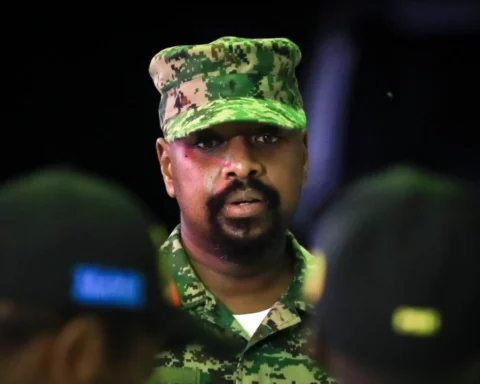President Donald Trump has condemned the killing of conservative activist Charlie Kirk, calling it a “senseless act of political violence” that has shaken the nation.
Kirk, 31, founder of Turning Point USA, was shot dead during a public event at Utah Valley University on September 10, 2025.
The shooting, carried out by a sniper positioned near the campus, turned a lively youth gathering into a scene of chaos and grief. Witnesses say Kirk had just begun addressing students when a single gunshot struck him in the neck, silencing the crowd. He died shortly after despite desperate attempts by medical responders.
Authorities have launched a manhunt for the suspect, whom they describe as armed and dangerous. A high-powered rifle was recovered nearby, suggesting the attack was premeditated. Utah’s governor and other officials have labeled the incident a deliberate political assassination, underscoring growing concerns about safety at political events across the United States.
The FBI is offering a reward of up to $100,000 for information leading to the suspect’s capture. Video surveillance released by investigators shows a person of interest fleeing the scene. Federal and state authorities are now working together in what they describe as one of the most urgent investigations in recent years.
President Trump, who ordered flags to be flown at half-mast, paid tribute to Kirk, calling him “a patriot and a voice for America’s young generation.” Across social media, tributes have poured in from allies, supporters, and even political opponents who expressed shock at the violence.
The energy at Utah Valley University had been electric. Students crowded together, eager to hear from Charlie Kirk, a man who had become a household name among young conservatives. With his familiar confidence, he stepped up to the stage—this was another stop on his campaign to energize America’s youth.
Then the shot rang out. It lasted less than a second, but its echo will carry for years. Panic spread like fire through the crowd—some froze, others ran, a few dropped to the ground, shielding their friends. Moments later, the man they had come to hear lay fatally wounded.
Also Read; Algeria Launches Continent‑Wide Startup Innovation Fund
For his supporters, Kirk was more than a political voice. He was proof that young people could shape America’s future. He built a movement from scratch, filling auditoriums and campuses with debates on freedom, faith, and national pride. At just 31, he seemed to embody the energy of a generation determined to be heard.
Now his name is forever linked with tragedy. His death has forced Americans to confront uncomfortable questions: how has political disagreement escalated into violence? What does this mean for free speech, for democracy, for young people who still want to take part in civic life without fear?
Beyond the politics, there is grief. Kirk’s family has lost a husband and father. His followers have lost a leader. And his critics, even those who opposed his ideas, recognize the chilling message this attack sends. When debate is replaced by gunfire, everyone loses.
The conversation after Kirk’s death is already shifting beyond blame. Universities are rethinking security. Politicians are being urged to temper their rhetoric. Families are asking whether their children are safe at events meant to inspire them. The ripple effects of this single act of violence will be felt across campuses, legislatures, and households nationwide.







